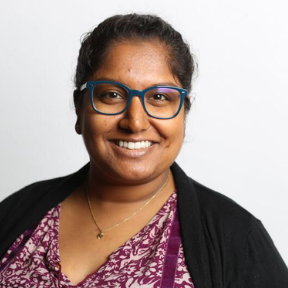 I am one of those fundraisers who “fell into fundraising” instead of seeking out this job in a more traditional way.
I am one of those fundraisers who “fell into fundraising” instead of seeking out this job in a more traditional way.
I was the first person to attend college in my family. I went to college at an elite institution in New York City with the goal of supporting myself through college without any family or external financial support (aside from need-based financial aid and scholarships). I worked six jobs to support myself through college, including a job as an administrative assistant (functionally a receptionist) at a Jewish student center on campus.

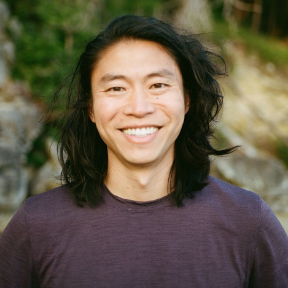 I don’t have to tell you that our current system of grant funding is broken. Instead, let me share how two grantseeking experiences coming from different sides of inequity led me to where I am today — leading a software startup and building tools that make grantseeking more efficient and equitable for everyone.
I don’t have to tell you that our current system of grant funding is broken. Instead, let me share how two grantseeking experiences coming from different sides of inequity led me to where I am today — leading a software startup and building tools that make grantseeking more efficient and equitable for everyone.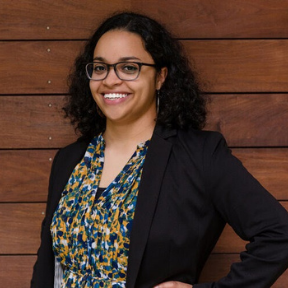 As of December 2020, Americans for the Arts reported that 60% of white creative workers and 69% of Black, Indigenous, Arab, Asian, Hispanic, Latinx, Middle Eastern, and Pacific Islander creative workers in the United States had become unemployed. The numbers are even higher in New York where I live. The total revenue loss for creative workers in 2020 was an estimated $77.2 billion, with an average of $15,140 per person — and 55% of creative workers do not have any savings.
As of December 2020, Americans for the Arts reported that 60% of white creative workers and 69% of Black, Indigenous, Arab, Asian, Hispanic, Latinx, Middle Eastern, and Pacific Islander creative workers in the United States had become unemployed. The numbers are even higher in New York where I live. The total revenue loss for creative workers in 2020 was an estimated $77.2 billion, with an average of $15,140 per person — and 55% of creative workers do not have any savings. 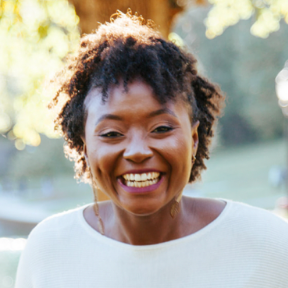 Cute commitments wrapped in bows ain’t cutting it. The thing that we, as Black people traumatized by shallow promises of systemic change, feared happened.
Cute commitments wrapped in bows ain’t cutting it. The thing that we, as Black people traumatized by shallow promises of systemic change, feared happened.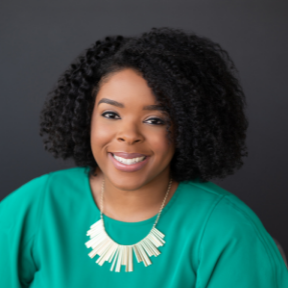 It is a question we have all been asked at least once. An inquiry designed to awaken the dreamer inside and push you to think outside of the box. The question is big and consequential, often posed during team meetings or maybe as a strategic planning prompt. When asked, you’re told no response is off limits, which manages to inspire and overwhelm at the same time. The bigger your idea, the better.
It is a question we have all been asked at least once. An inquiry designed to awaken the dreamer inside and push you to think outside of the box. The question is big and consequential, often posed during team meetings or maybe as a strategic planning prompt. When asked, you’re told no response is off limits, which manages to inspire and overwhelm at the same time. The bigger your idea, the better. 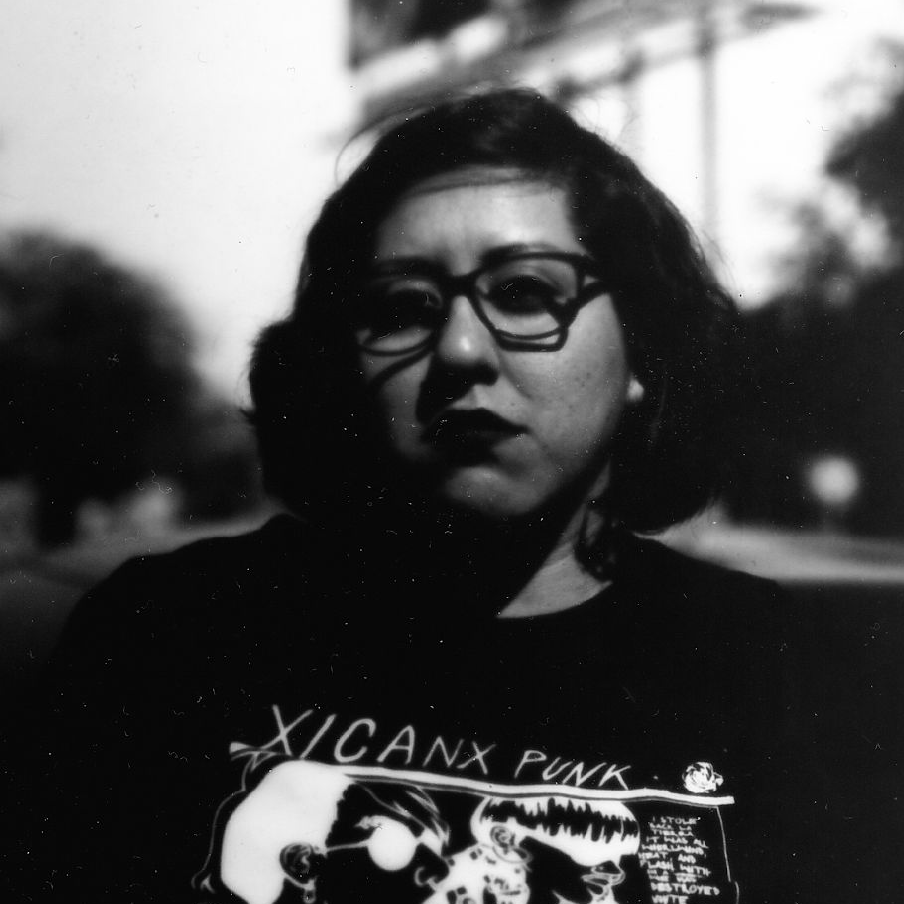 We are all familiar with how ‘standard’ businesses, organizations, and nonprofits typically operate. The structure usually resembles a pyramid — the base staff of employees start at the bottom, progress up in status until they reach the top, which usually consists of a CEO and/or executive team.
We are all familiar with how ‘standard’ businesses, organizations, and nonprofits typically operate. The structure usually resembles a pyramid — the base staff of employees start at the bottom, progress up in status until they reach the top, which usually consists of a CEO and/or executive team. 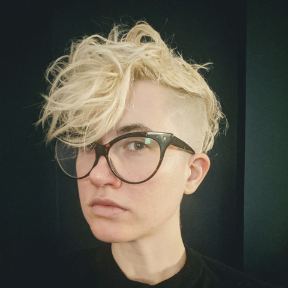 In July 2019, Autostraddle held a fundraiser to grow their publication and chances at thriving, and one of their fundraiser goals was to hire a director for the membership program and fundraising because they’d never had one. (They’d shared the duties among existing staff.) That’s where I came in.
In July 2019, Autostraddle held a fundraiser to grow their publication and chances at thriving, and one of their fundraiser goals was to hire a director for the membership program and fundraising because they’d never had one. (They’d shared the duties among existing staff.) That’s where I came in. 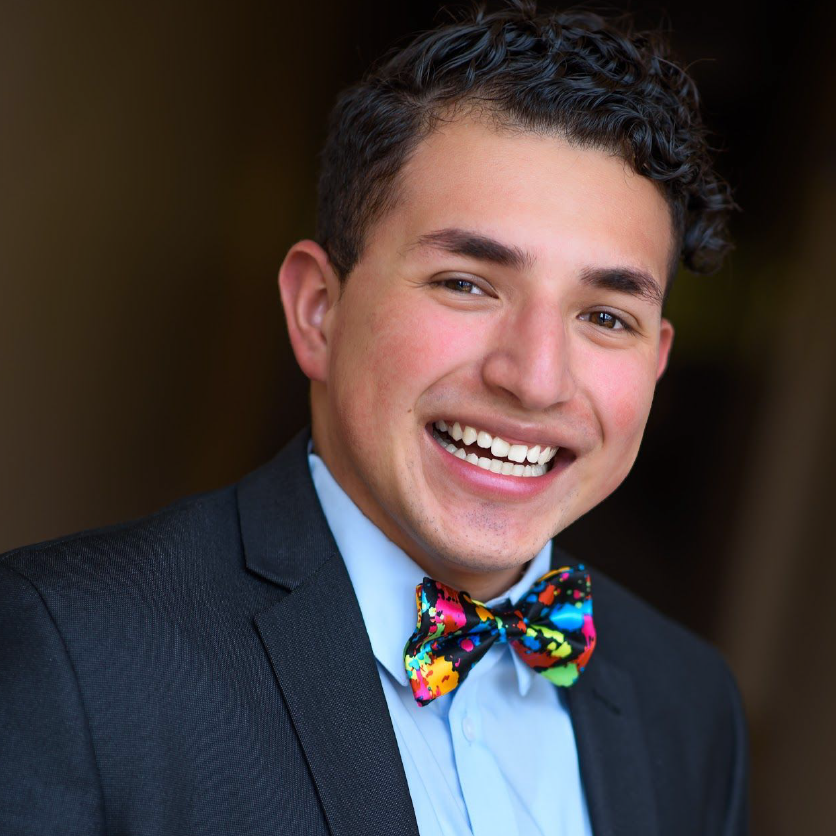 It is Pride Month, which of course means that all queer people gain superpowers and are being cared for by the prime lesbian herself, the Moon. (Apologies if you didn’t know that, but it’s true and I don’t make the rules. Mother Nature is gay. Like, why else would there be rainbows?)
It is Pride Month, which of course means that all queer people gain superpowers and are being cared for by the prime lesbian herself, the Moon. (Apologies if you didn’t know that, but it’s true and I don’t make the rules. Mother Nature is gay. Like, why else would there be rainbows?) 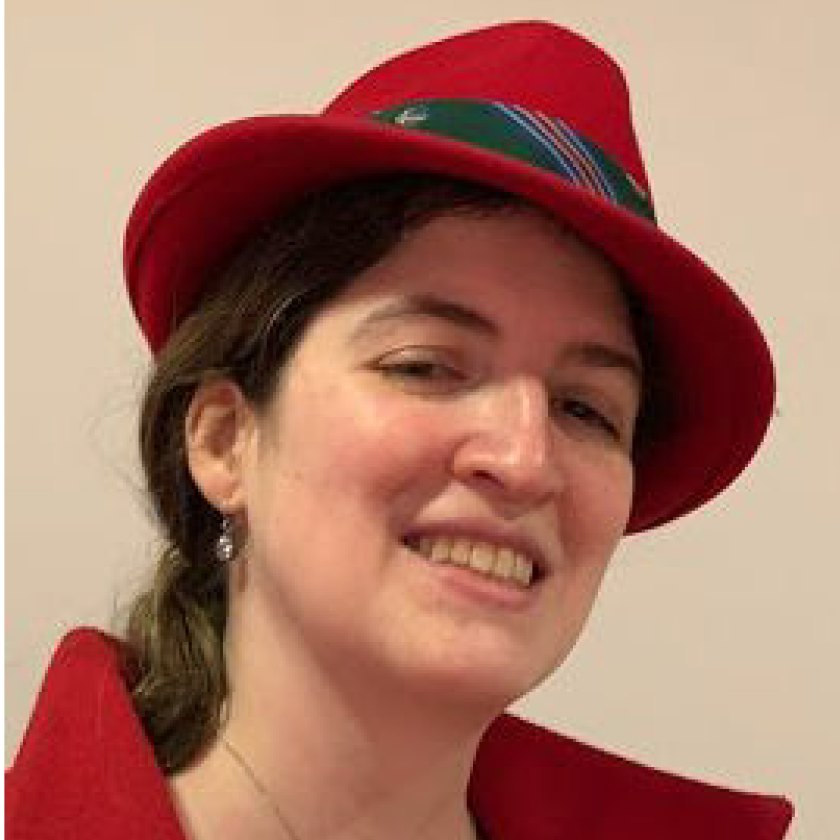 So much of how the world understands philanthropy is through the help of journalists (as well as development communications folks) who write about the issues to get people interested and involved. For people outside of the philanthropic sphere, it’s how they learn about what’s going on in our sector; and often, it’s also how people inside that world learn about what’s going on.
So much of how the world understands philanthropy is through the help of journalists (as well as development communications folks) who write about the issues to get people interested and involved. For people outside of the philanthropic sphere, it’s how they learn about what’s going on in our sector; and often, it’s also how people inside that world learn about what’s going on. 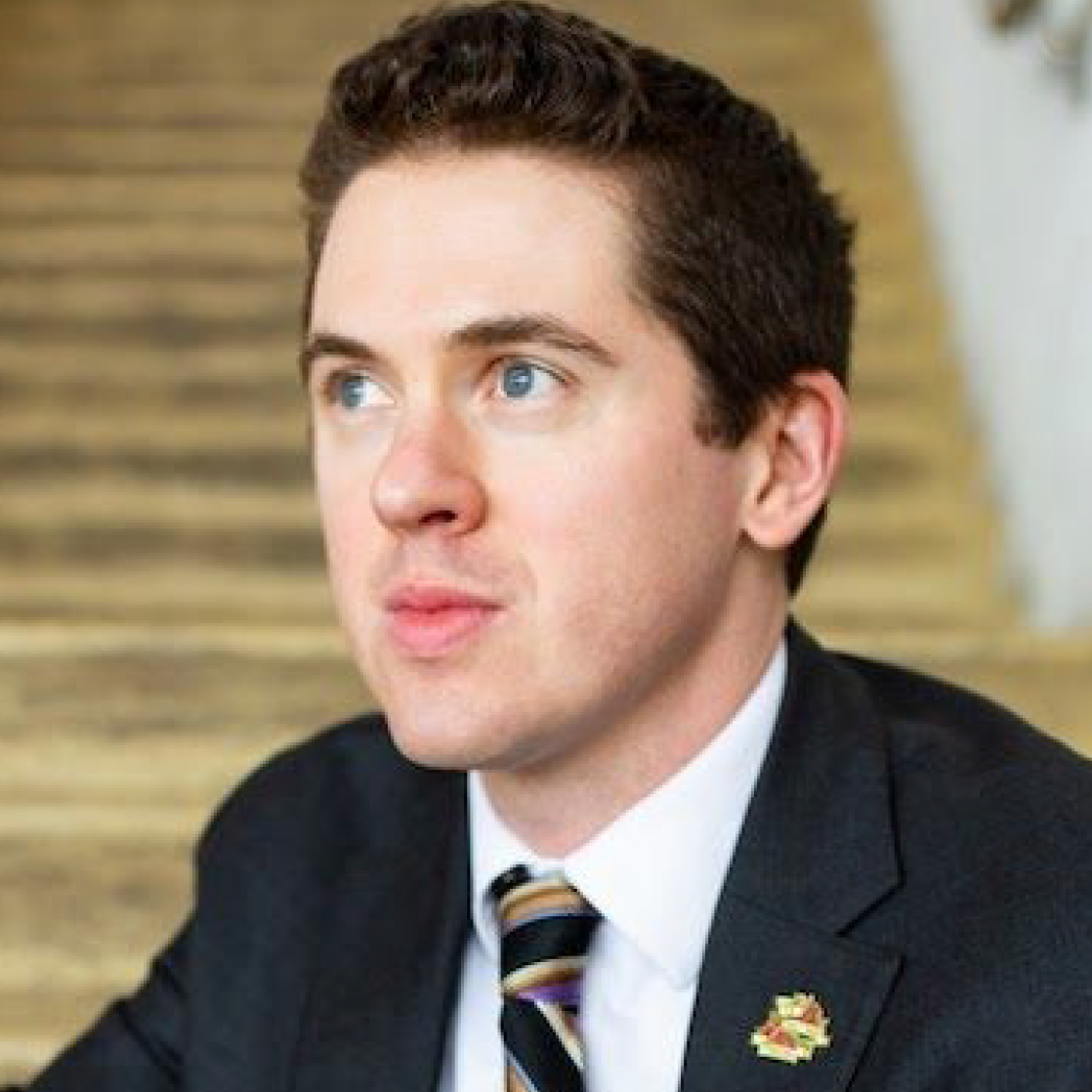
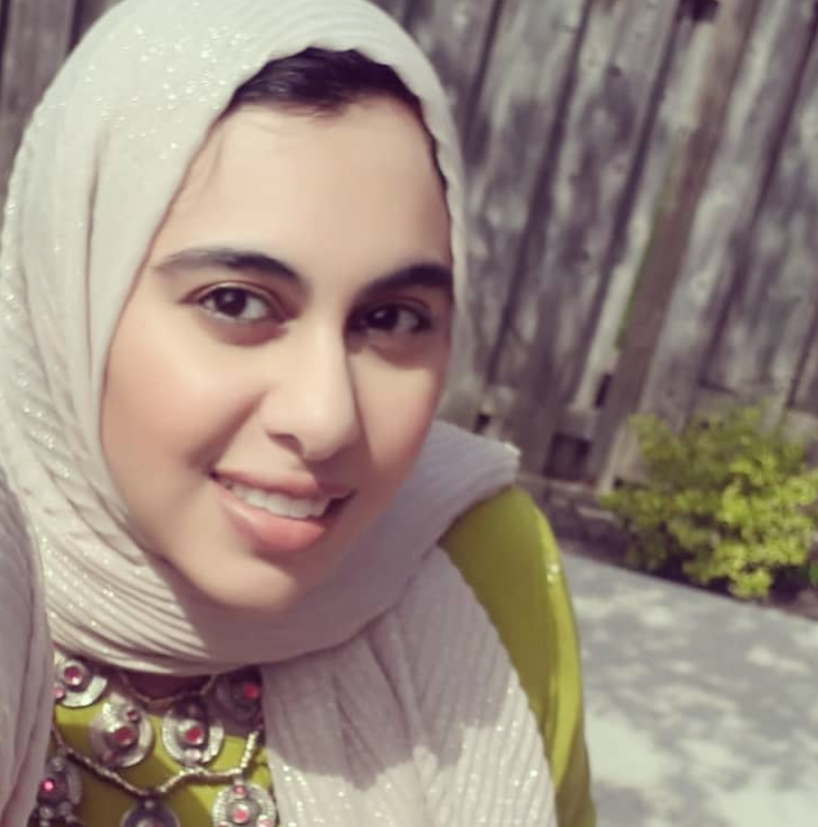 Right now, we are witnessing a surge in institutions and leaders co opting language and reinventing and marketing themselves as “antiracist,” “inclusive,” or “equitable.” But many have been and will continue to engage with important issues in performative ways.
Right now, we are witnessing a surge in institutions and leaders co opting language and reinventing and marketing themselves as “antiracist,” “inclusive,” or “equitable.” But many have been and will continue to engage with important issues in performative ways.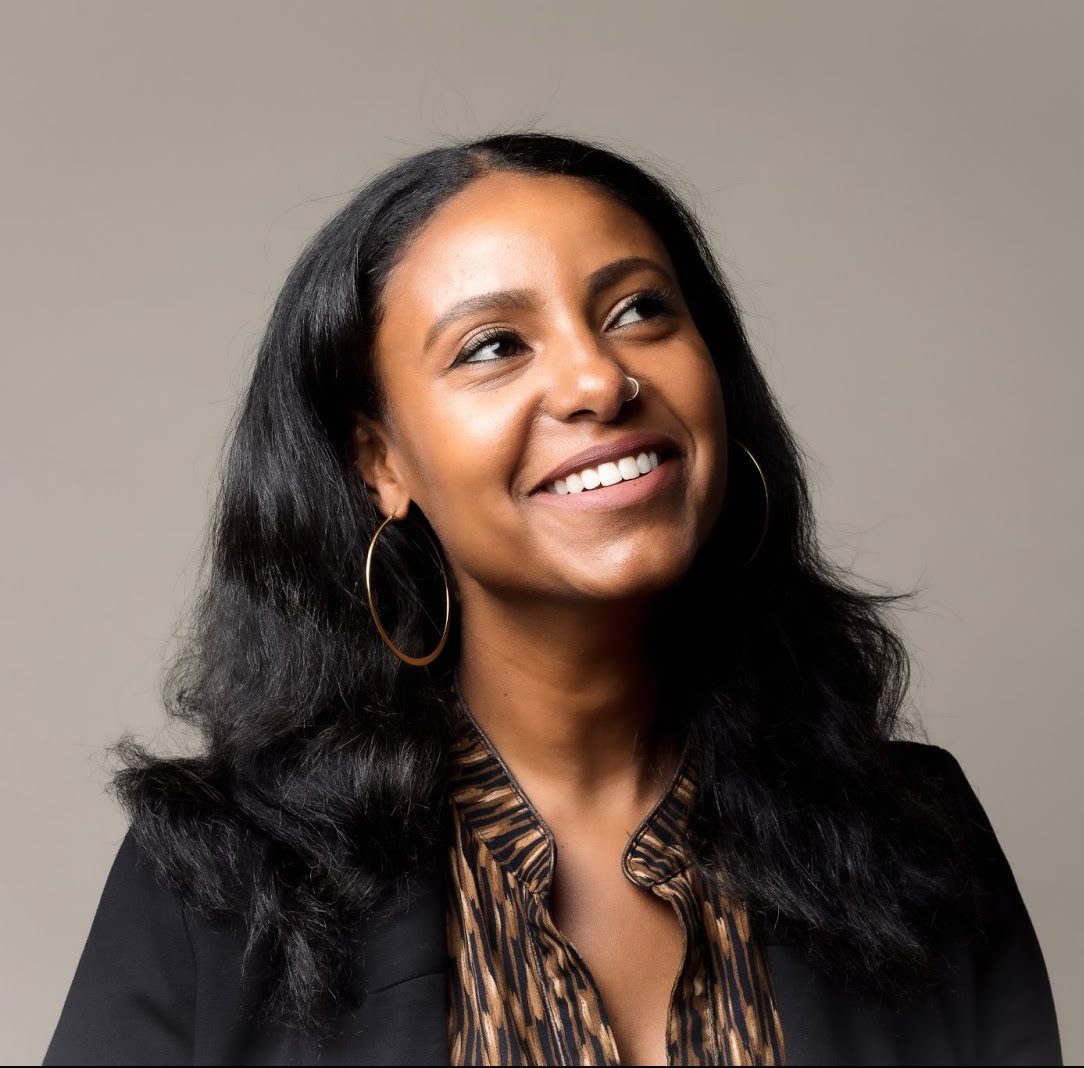 Collaborative philanthropy is already at the root of many communal Indigenous and African societies. In fact, it was collaboration and fundraising from diasporic communities that supported liberation struggles, which then led to independence from colonial rule. On the heels of Pan-Africanism, a movement based on the belief that unity is fundamental to socio-economic and political progress, African leaders, such as Tanzania’s first president Mwalimu Julius Nyerere, recognized that the fight against colonization was a common thread, a shared experience that could bring African nations together.
Collaborative philanthropy is already at the root of many communal Indigenous and African societies. In fact, it was collaboration and fundraising from diasporic communities that supported liberation struggles, which then led to independence from colonial rule. On the heels of Pan-Africanism, a movement based on the belief that unity is fundamental to socio-economic and political progress, African leaders, such as Tanzania’s first president Mwalimu Julius Nyerere, recognized that the fight against colonization was a common thread, a shared experience that could bring African nations together.